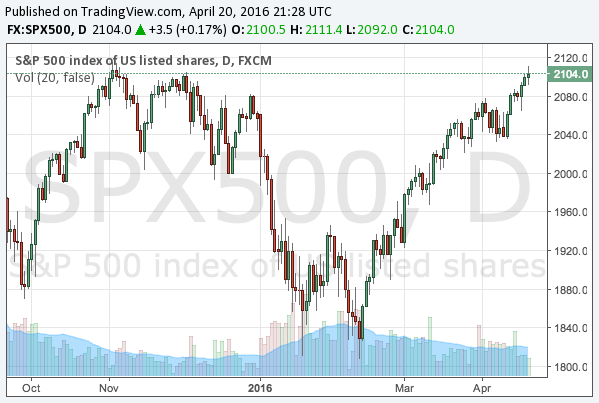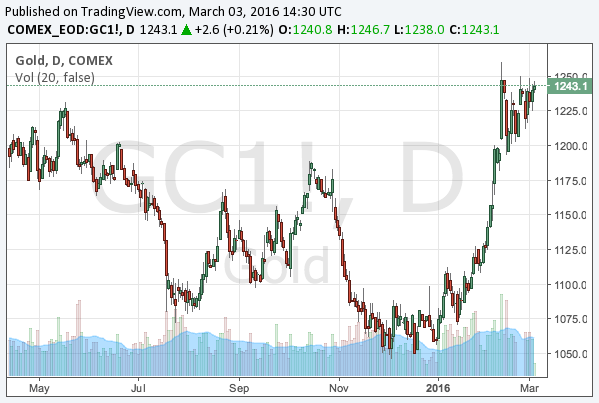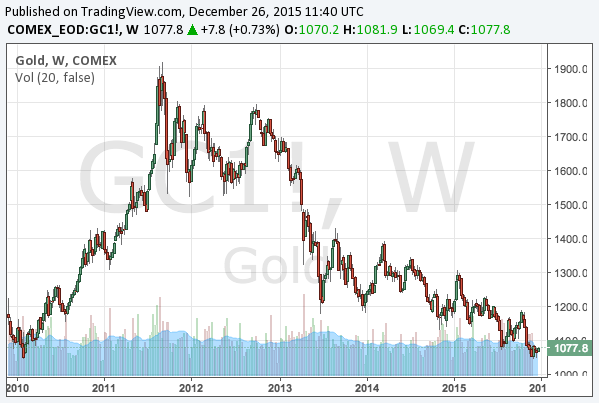The US GDP data for the third quarter of 2016 is what investors, including us, have been waiting for, because it is much more relevant for future rate hikes than the job data, which the Fed claims to be caring about.
The job data has already been very strong for a long time, and thus if the Fed’s preoccupation is indeed the labour market, it must have already raised rates this year, which is not the case.
So the Fed, or at least Janet Yellen, is caring about the slowdown of the US GDP growth, and the new data showed that the slowdown is indeed ongoing, and rate hakes, if any, would put an end to the already weak growth.
Continue reading Fed rate hikes would seriously hurt the US economy, as 3Q GDP shows


